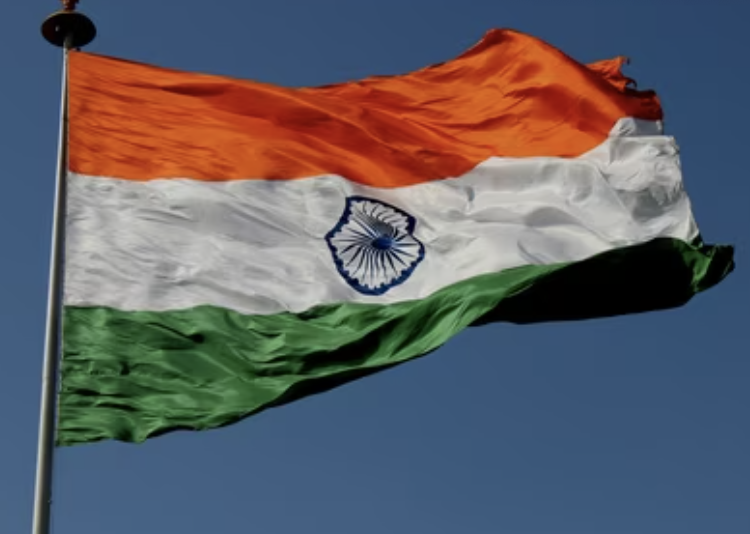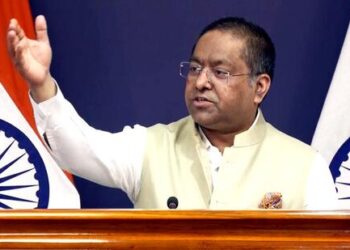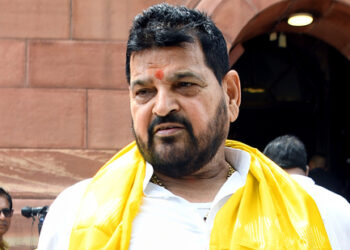The National Eligibility cum Entrance Test (NEET) has once again become embroiled in controversy, this time with the Maharashtra government leveling accusations of injustice and discrimination against state students. Amidst mounting concerns over the transparency and fairness of the NEET examination process, authorities in Maharashtra have escalated their protest, calling for the cancellation of this year’s results.
The NEET examination, a crucial gateway for aspiring medical professionals across the country, has faced scrutiny in the past for various irregularities and discrepancies. However, the latest outcry from Maharashtra adds a new dimension to the ongoing debate surrounding the standardized testing regime in India.
At the heart of Maharashtra’s grievances lie allegations of bias against state students, particularly in the evaluation and scoring process of the NEET exam. State authorities contend that Maharashtra students have been unfairly disadvantaged, citing discrepancies in the assessment of answer sheets and discrepancies in the question papers provided to students in different regions.
The Maharashtra government’s decision to seek the cancellation of NEET exam results underscores the gravity of the situation and the extent of dissatisfaction among stakeholders. With the fate of thousands of aspiring medical students hanging in the balance, the controversy surrounding NEET threatens to disrupt the admissions process and cast a shadow over the credibility of the examination system.
In a statement issued by state officials, concerns were raised regarding the disparities in the difficulty level of NEET question papers administered to students in different states. Allegations of preferential treatment towards students from certain regions have further fueled suspicions of systemic bias within the examination framework.
The Maharashtra government’s call for the cancellation of NEET exam results has triggered a wave of reactions from across the political spectrum, with voices both supporting and opposing the move. While proponents argue that it is essential to uphold fairness and integrity in the admissions process, critics caution against the potential repercussions of nullifying the results, citing logistical challenges and the impact on students’ future prospects.
As the controversy surrounding NEET continues to escalate, stakeholders are calling for a thorough investigation into the allegations of injustice and discrimination. With the demand for transparency and accountability gaining momentum, the spotlight is firmly on the authorities responsible for overseeing the NEET examination process.
Amidst calls for reform and reassessment, the fate of Maharashtra students and the future of NEET hang in the balance. As the debate rages on, one thing remains clear: the need for a fair and equitable admissions process that upholds the principles of meritocracy and equal opportunity for all aspiring medical professionals.








 India
India












